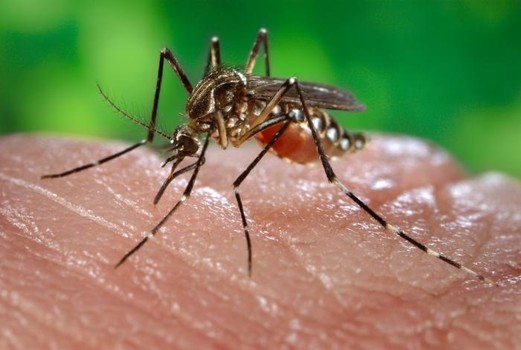 Student-researchers bagged first prize at the Gruppo Medica Award for their research on the anti-dengue property of papaya (Carica papaya) and tawa-tawa (Euphorbia hirta) during the 8th Philippine National Health Research System (PNHRS) Week celebration in Cebu City on 12-14 August 2014.
Student-researchers bagged first prize at the Gruppo Medica Award for their research on the anti-dengue property of papaya (Carica papaya) and tawa-tawa (Euphorbia hirta) during the 8th Philippine National Health Research System (PNHRS) Week celebration in Cebu City on 12-14 August 2014.
Topping 21 research entries from all regions in the Philippines, the research done by Pharmacy students at the San Pedro College in Davao City revealed that tea concoction from tawa-tawa can increase blood platelet counts in rabbits by 194% in just 24 hours.
Results on tests done on tea concoctions from papaya leaves only and mixture of papaya leaves and tawa-tawa plant also significantly increased platelet counts in rabbits within 24 hours.
Further laboratory tests on papaya and tawa-tawa revealed that both plants contain quercetin, a plant pigment known to naturally increase the platelet counts.
Recommending the continuation of the research, especially with the isolation of quercetin, the students stressed that the study is significant in the effort to develop treatment for the management of dengue. They said, “This research can benefit the society because it will pave the way to the development of new drug that is affordable, accessible, and effective against dengue.”
The Gruppo Medica Award is conferred annually by the Philippine Council for Health Research and Development of the Department of Science and Technology (PCHRD-DOST) to give recognition to undergraduate researches on the practical or commercial application of herbal plants for health.
